There are seven foods that cause bad breath
It's common knowledge that consuming garlic and onions produces foul scents, but other foods have the same impact. The following article discusses the seven foods that create foul breath.
Most people suffer from food-related halitosis, which causes anxiety and humiliation after eating specific foods for fear of the stench reappearing in their mouth and upsetting others. It is generally known that food is one of the most common causes of bad breath, since some meals have a strong, unpleasant odor that remains in the mouth after consumption. This causes pain and leads many individuals to avoid certain meals, especially since brushing carefully after eating may not be sufficient to remove the stench in most circumstances.
Which foods induce foul breath?
Many meals can cause foul breath, particularly if you have poor dental and oral hygiene. In addition to items known to cause foul breath, citrus fruits, protein, cheese, soy sauce, tomatoes, and peanut butter can occasionally produce an unpleasant odor. The most prevalent meals causing foul breath are
Garlic is generally recognized to cause foul breath. The unpleasant odor might last for a day or two after intake, resulting in thirst, foul odor, and dry mouth. Garlic creates foul breath because of the sulfur-containing compounds in it. Some of these molecules stay in the mouth after chewing, while the remainder are absorbed through the digestive tract and delivered into the circulation. The odor-causing compounds pass via the circulation to the lungs and are breathed, resulting in a distinct, unpleasant garlic stench. Brushing your teeth and washing your mouth after eating garlic, as well as avoiding excessive garlic consumption, might help prevent foul breath and its associated pain.
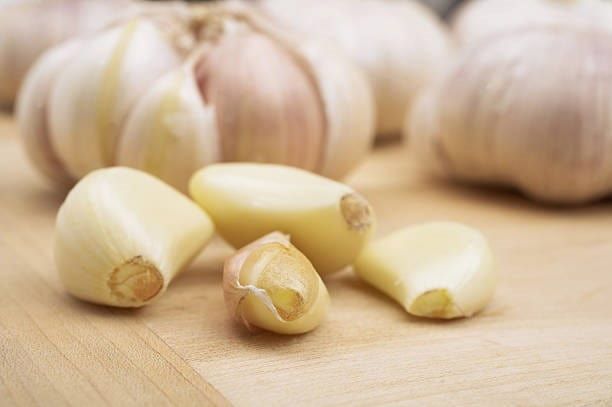
Onions, like garlic, have a pungent, disagreeable odor that remains in the mouth after ingestion. They can produce dry lips and thirst. Onions also contain sulfur-containing compounds, some of which are produced in the mouth, while the remainder are absorbed via the digestive tract and into the circulation before being exhaled.
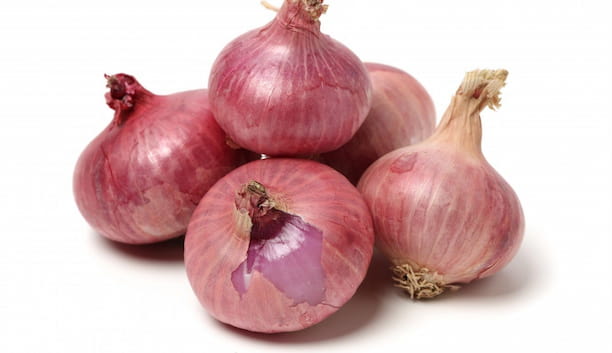
Cabbage and other cruciferous vegetables are abundant in odorous sulfur compounds, which induce foul breath in the same way as onions and garlic do. Cabbage and other vegetables also increase food fermentation by bacteria in the intestines, resulting in a foul stench. Brushing your teeth half an hour after eating cabbage, coupled with using mouthwash, can help to neutralize the odor.
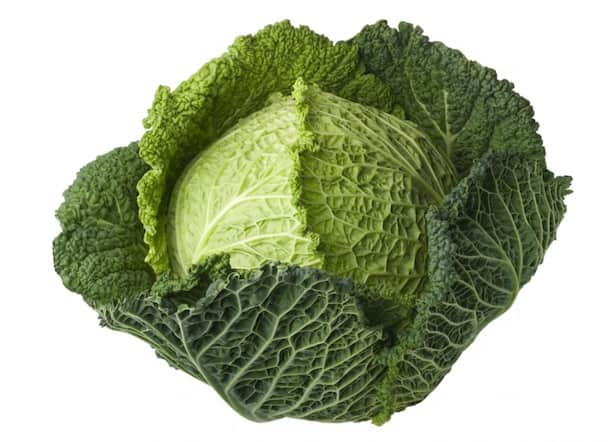
Horseradish contains isothiocyanate, a molecule that protects the roots of radish and other root crops while also providing nutrients and energy for development. It is also the molecule that gives radishes their characteristic taste. This strong, pungent odor remains for several hours after the radish has been ingested and digested and the isothiocyanates absorbed in the digestive tract. Drinking water after eating radish may exacerbate the stench, making it much more unpleasant. To reduce the stench caused by eating radish, chew some mint leaves or sip mint tea, then thoroughly clean your teeth to eliminate any lingering horseradish residue. Mouthwash may also be utilized.
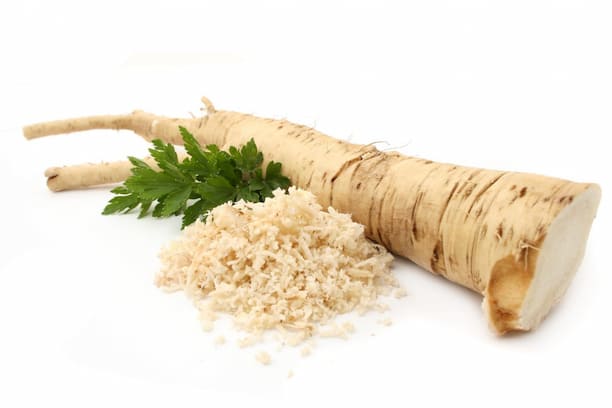
Dairy products, such as cheese and yogurt, contain amino acids that can react with bacteria in the mouth, resulting in acidic compounds with an unpleasant odor. When bacteria in the mouth consume amino acids found in dairy products, they generate hydrogen sulfide, which has a rotten egg stench.
Mouthwash is of little use in this situation. Brushing your teeth with fluoride toothpaste can help reduce the odor by killing bacteria and removing the compounds they create. Drinking water can also assist in minimizing odor and eliminating leftover amino acids and germs from the mouth. Dairy products can also induce foul breath in those with methionine insufficiency. Due to a genetic abnormality, the molecules responsible for breaking down this acid are either lacking or inadequate. As a result, methionine accumulates in the body, creating foul breath.
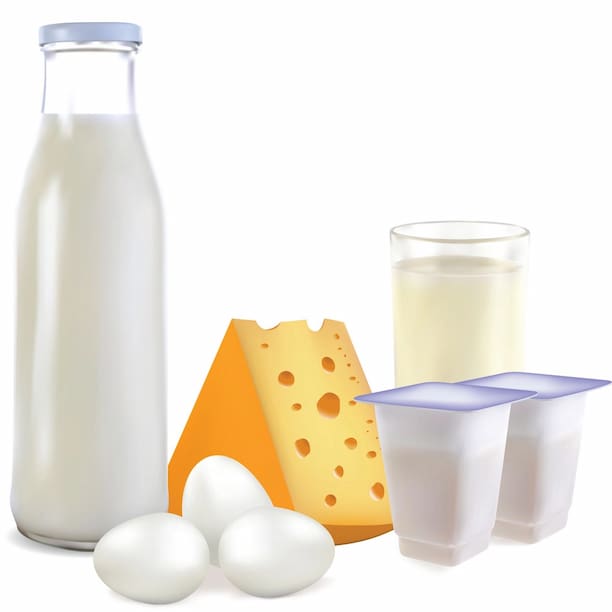
Fresh fish seldom causes foul breath, and the odor only appears when it begins to disintegrate or deteriorate. In contrast, canned fish, such as tuna and sardines, are known to induce foul breath. This is thought to be owing to how fish are canned and maintained for long-term preservation.
Storing fish for an extended length of time helps the flesh to react with other substances and degrade faster. In this scenario, canned fish creates a chemical known as trimethylamine.
This material stays in the mouth for a long time, causing an unpleasant fishy odor. The stench is more intense and unpleasant if you have a lack of the molecules necessary for breaking down trimethylamine, which is typically caused by a genetic flaw that decreases their synthesis. Trimethylamine can be eliminated from the mouth by drinking specific beverages with meals since it dissolves when combined with liquids.
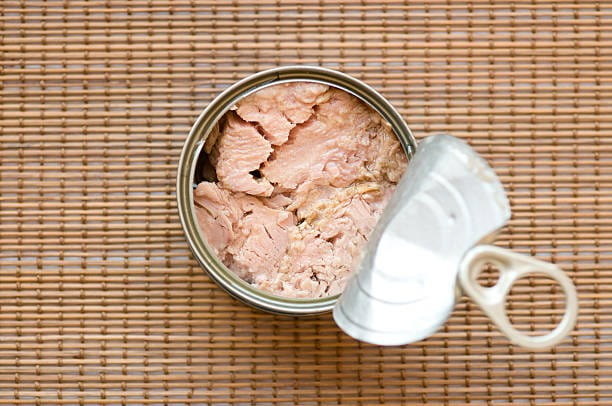
Coffee lowers saliva production in the mouth, which can induce dry mouth and impair saliva's capacity to remove food particles. This permits bacteria to multiply and generate foul-smelling compounds in the mouth. The easiest technique to prevent bad breath after drinking coffee is to drink enough water to keep your mouth moist and clean.

Sources:
Cookinglight.com Foods That Cause Bad Breath
Colgate.com Foods That Cause Bad Breath

